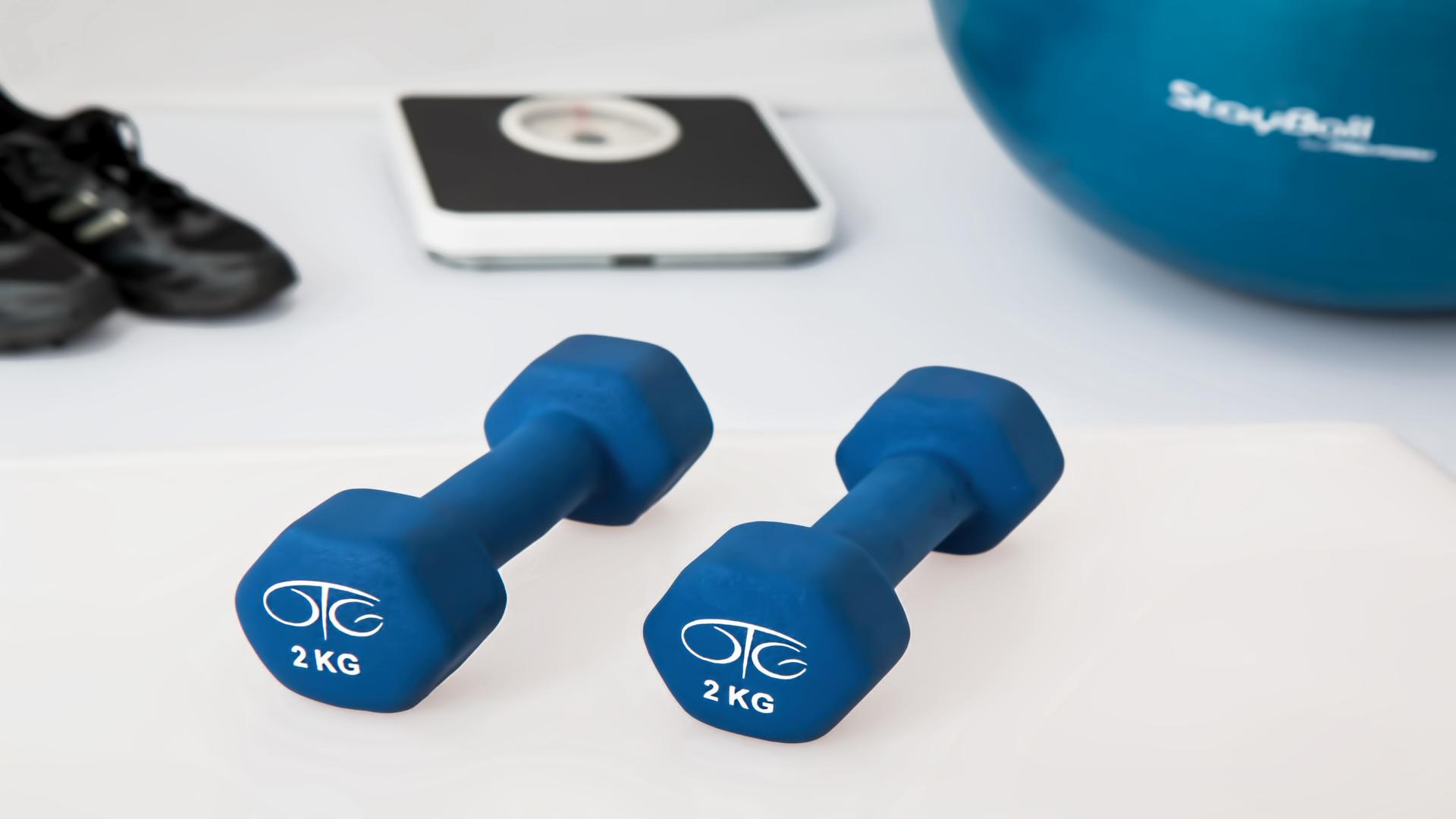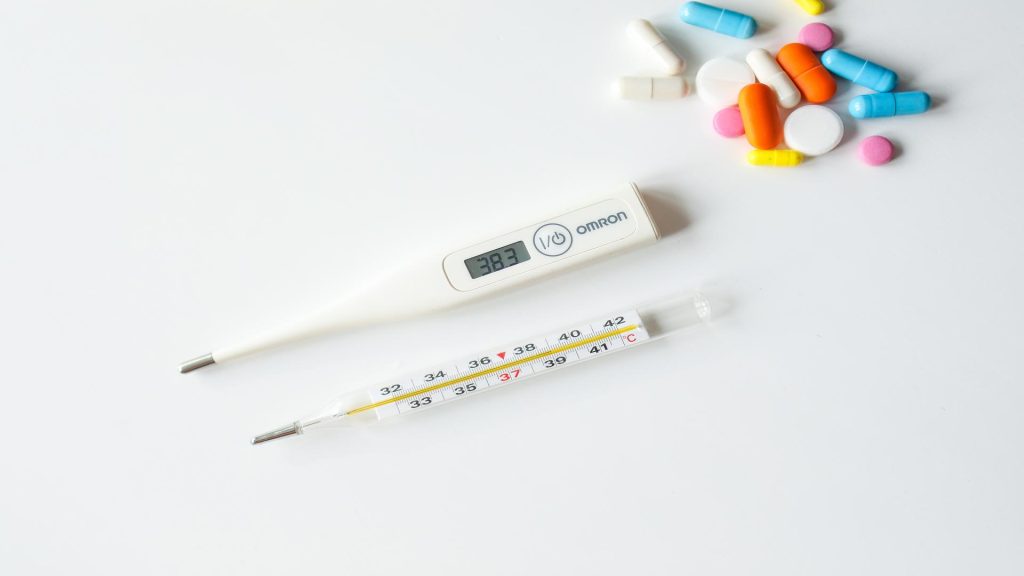
Article Outline
- Introduction
- Importance of Nutrition for Energy
- Macronutrients for Energy
- Carbohydrates
- Proteins
- Fats
- Micronutrients for Energy
- B Vitamins
- Iron
- Magnesium
- Vitamin C
- Hydration and Energy
- Pre-Workout Nutrition for Energy
- Post-Workout Nutrition for Energy
- Energy-Boosting Foods
- Whole Grains
- Lean Protein
- Healthy Fats
- Fruits and Vegetables
- Balanced Meals for Sustained Energy
- Energy Drinks and Caffeine
- Sleep and Energy Levels
- Managing Stress for Better Energy
- Physical Activity and Energy
- Conclusion
Article Title: Nutrition for Energy
Introduction
In today's fast-paced world, having optimal energy levels is crucial for maintaining productivity and overall well-being. While many factors contribute to our energy levels, nutrition plays a vital role. This article will explore the importance of nutrition for energy and provide valuable insights on how to optimize your diet to fuel your body effectively.
Importance of Nutrition for Energy
Proper nutrition is the foundation of energy. The food we consume directly impacts our body's ability to produce energy. It provides the necessary macronutrients and micronutrients required for various cellular processes involved in generating energy.
Macronutrients for Energy
Carbohydrates
Carbohydrates are the primary source of energy for the body. They are broken down into glucose, which is then utilized by cells to produce adenosine triphosphate (ATP) – the energy currency of our body. Including complex carbohydrates such as whole grains, fruits, and vegetables ensures a steady release of energy throughout the day.
Proteins
Proteins play a crucial role in repairing and building tissues. They also provide energy when carbohydrate stores are depleted. Incorporating lean sources of protein such as chicken, fish, legumes, and tofu helps maintain muscle mass and supports energy production.
Fats
Contrary to popular belief, fats are an essential part of a well-balanced diet. They help in the absorption of fat-soluble vitamins and provide sustained energy. Opt for healthy fats like avocados, nuts, seeds, and olive oil to promote proper energy metabolism.
Micronutrients for Energy
B Vitamins
B vitamins, including B1, B2, B3, B5, B6, B7, B9, and B12, play a crucial role in converting food into energy. These vitamins act as coenzymes in energy-producing reactions within the body. Incorporate foods like fortified cereals, whole grains, leafy green vegetables, and lean meats to ensure an adequate intake of B vitamins.
Iron
Iron is essential for oxygen transportation and energy production. Insufficient iron levels can lead to fatigue and decreased energy levels. Include iron-rich foods like red meat, legumes, spinach, and fortified cereals in your diet to combat iron deficiency.
Magnesium
Magnesium is involved in over 300 enzymatic reactions, including energy production. It helps convert food into ATP and supports muscle function. Incorporate magnesium-rich foods like almonds, spinach, legumes, and whole grains into your diet.
Vitamin C
Vitamin C acts as an antioxidant and aids in the absorption of iron. It also supports adrenal function, which is important for maintaining energy levels. Include citrus fruits, berries, bell peppers, and broccoli in your diet to meet your vitamin C needs.
Hydration and Energy
Staying adequately hydrated is crucial for maintaining energy levels. Dehydration can lead to fatigue and reduced cognitive performance. Aim to drink enough water throughout the day and include hydrating foods like watermelon, cucumbers, and tomatoes in your diet.
Pre-Workout Nutrition for Energy
Fueling your body before a workout is essential for optimal performance. Consume a balanced meal or snack containing easily digestible carbohydrates and a moderate amount of protein. This combination provides a readily available energy source and supports muscle repair.
Post-Workout Nutrition for Energy
After a workout, it's important to replenish your energy stores and support muscle recovery. Focus on consuming a combination of carbohydrates and protein within the post-workout window to promote glycogen replenishment and muscle repair.
Energy-Boosting Foods
Certain foods can naturally boost your energy levels. Incorporate the following into your diet for sustained energy throughout the day:
Whole Grains
Whole grains like oats, quinoa, and brown rice provide complex carbohydrates, fiber, and essential nutrients, promoting lasting energy release.
Lean Protein
Lean protein sources like chicken, fish, eggs, and Greek yogurt provide essential amino acids for muscle repair and sustained energy.
Healthy Fats
Healthy fats found in avocados, nuts, seeds, and olive oil provide a concentrated source of energy and support overall health.
Fruits and Vegetables
Colorful fruits and vegetables provide essential vitamins, minerals, and antioxidants necessary for energy production and overall well-being.
Balanced Meals for Sustained Energy
To maintain balanced energy levels, focus on creating meals that combine carbohydrates, proteins, healthy fats, and a variety of fruits and vegetables. Optimize your plate with the right portions of each nutrient to fuel your body effectively.
Energy Drinks and Caffeine
While energy drinks and caffeine can provide temporary boosts in energy, they should be consumed in moderation. Excessive intake can lead to dependency, disrupted sleep, and subsequent energy crashes. It's best to prioritize natural sources of energy rather than relying on stimulants.
Sleep and Energy Levels
Quality sleep is crucial for energy restoration. Lack of sleep can impair cognitive function, increase fatigue, and affect overall energy levels. Prioritize a consistent sleep schedule and create a relaxing bedtime routine to enhance the quality and duration of your sleep.
Managing Stress for Better Energy
Chronic stress can deplete energy reserves and negatively impact overall well-being. Find healthy ways to manage stress, such as exercise, meditation, or engaging in hobbies, to preserve energy levels and maintain a positive mindset.
Physical Activity and Energy
Regular physical activity boosts energy levels by improving cardiovascular health, enhancing oxygen flow, and increasing endorphin release. Incorporate exercise into your routine to experience long-term improvements in energy levels and overall vitality.
Conclusion
Nutrition plays a fundamental role in providing the necessary energy to fuel our bodies. By prioritizing a well-balanced diet, staying hydrated, optimizing pre and post-workout nutrition, and adopting healthy lifestyle habits, you can optimize your energy levels and experience sustained vitality throughout the day.
� Nutrition for Energy
� Health and Wellness
� Nutrition, Energy
� Discover the importance of nutrition for maintaining optimal energy levels and learn about the best dietary choices and habits to support sustained vitality and overall well-being.
Thank you for reading. For more insights, visit our #healthzone#3.com/blog">BLOG. We appreciate your support!



